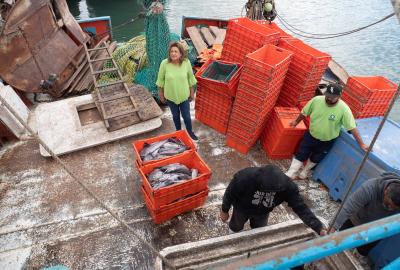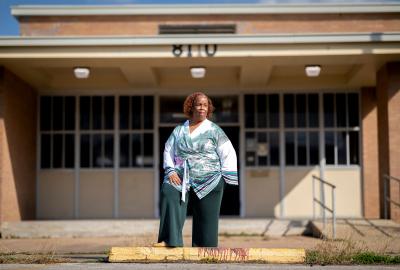Top takeaways from New York’s Climate Week
The city that never sleeps surpassed even its own usual frantic pace last week as world leaders rubbed elbows with thousands of climate leaders, from scientists to CEOs to artists and activists, at New York City’s Climate Week.
President Joe Biden, in town for the concurrent U.N. General Assembly, highlighted his legacy as the U.S. president who signed the largest public investment to combat climate change in American history.
Celebrity activists including Jane Fonda, Matt Damon and Prince Harry lent star power to the week’s events.
The tone of the week was one of urgency, with experts stressing that much more needs to be done if we are to have any chance of avoiding the worst impacts of climate change.
Below are some top takeaways:

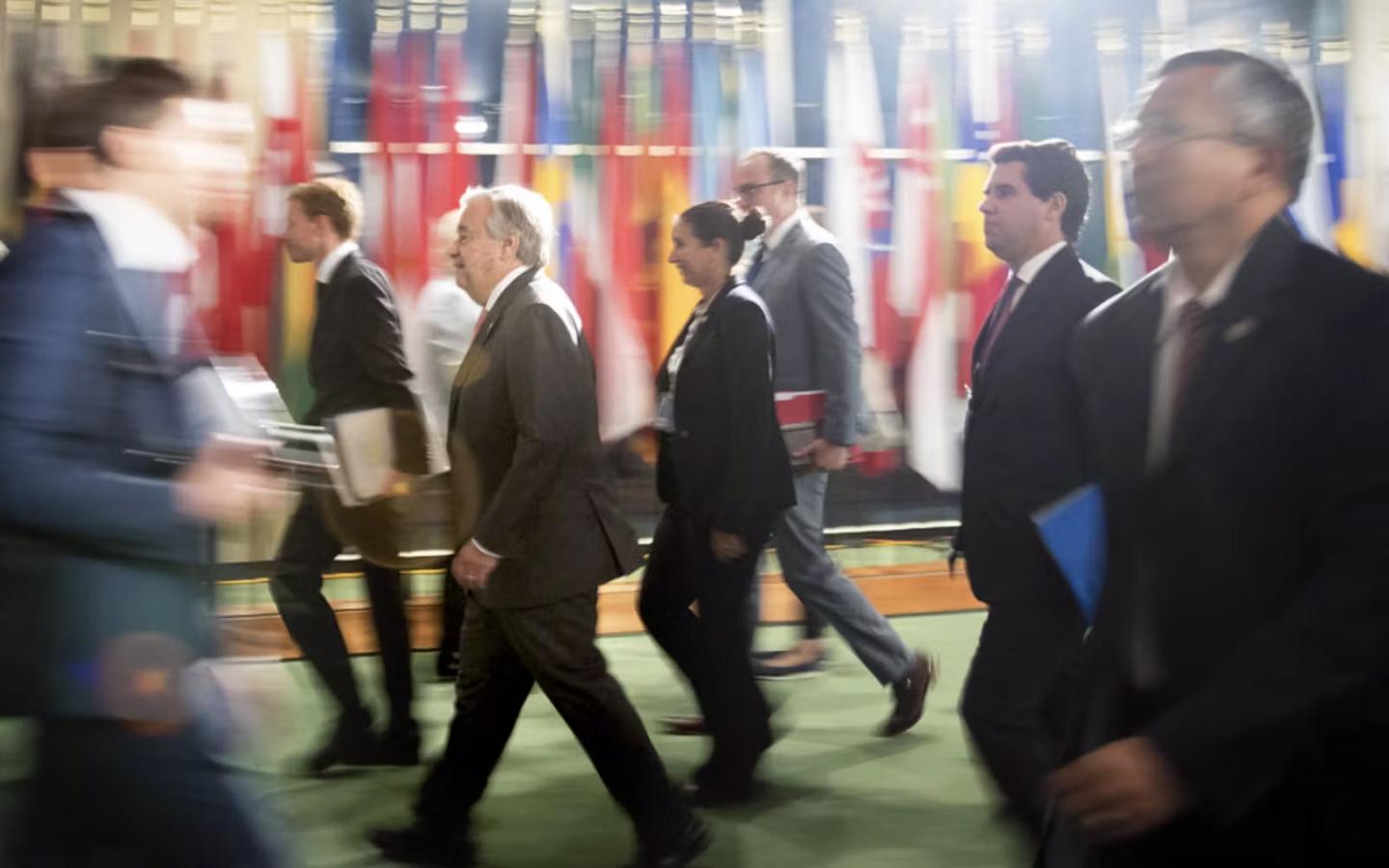
Even kids got in on the Climate Week action with youth climate group, Veggie Nuggets, at the Street Works Earth art festival in Queens. (gregkessler.com)
New York City buzzed with activity as Climate Week and the U.N. General Assembly unfolded last week. (Ariana Lindquist/U.N. Photo)
Elections loomed large
With elections in more than 60 countries, representing half the world’s population, 2024 continues to be an election year for the ages. One of the most consequential is the U.S. election coming up on November 5. With so much change afoot, world leaders doubled down on their commitment to cooperate by adopting the U.N.’s Pact for the Future, which calls on the U.S. and other countries to work together on global issues like climate change.
Finance was front and center
With just weeks to go before the “Super Bowl” of climate meetings — COP29 — the U.N.’s annual global climate conference in November, frenzied behind-the-scenes negotiations saw nations debating how much money will be made available to support countries hardest hit by climate change. A decision is urgent: the U.N. estimates that developing countries will need trillions by 2030 to mitigate and adapt to climate change and current funding falls short.
Corporate climate action is on the rise
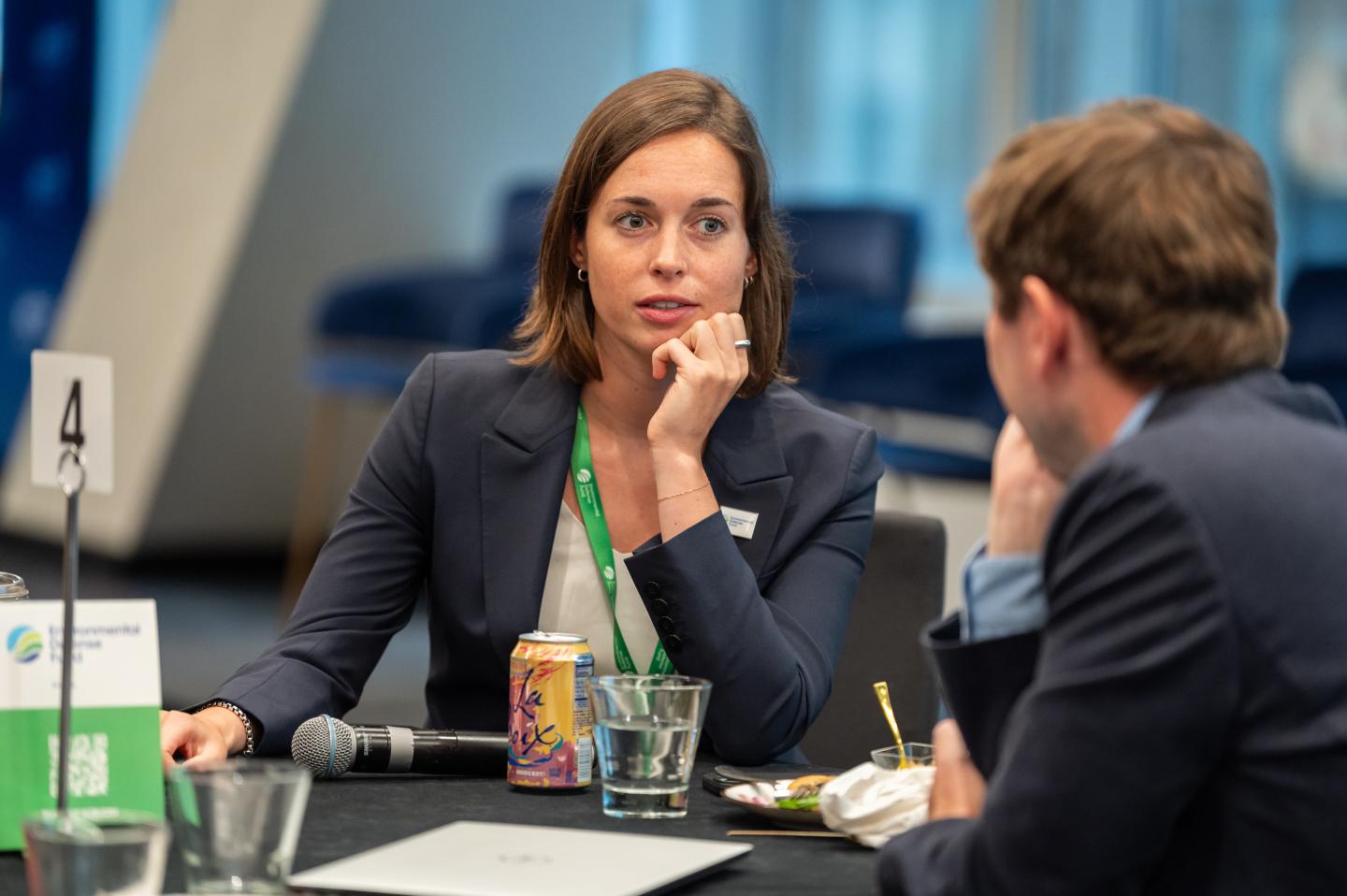
The message to corporate leaders at Climate Week was that the climate crisis threatens their bottom line and climate action is good for business. Environmental Defense Fund’s Jane Eisenhardt said that new EDF research has found that corporate investments in clean energy are on the rise, and investors expect companies to be environmentally responsible.
One notable moment came when the Climate Group, which includes Google and AstraZeneca, announced a new coalition of businesses committed to transitioning to carbon-free, local sources of electricity to power their operations every hour of every day.
Indigenous leaders brought attention to drought, fires in the Amazon
Indigenous leaders, including renowned 92-year-old Chief Raoni Metuktire of the Kayapo people, pleaded with world leaders to take responsibility for their role in the destruction of the Amazon, where mining, logging and cattle ranching are devastating the ecosystem. About 20% of the Amazon has already been lost and record-breaking fires are currently raging there.
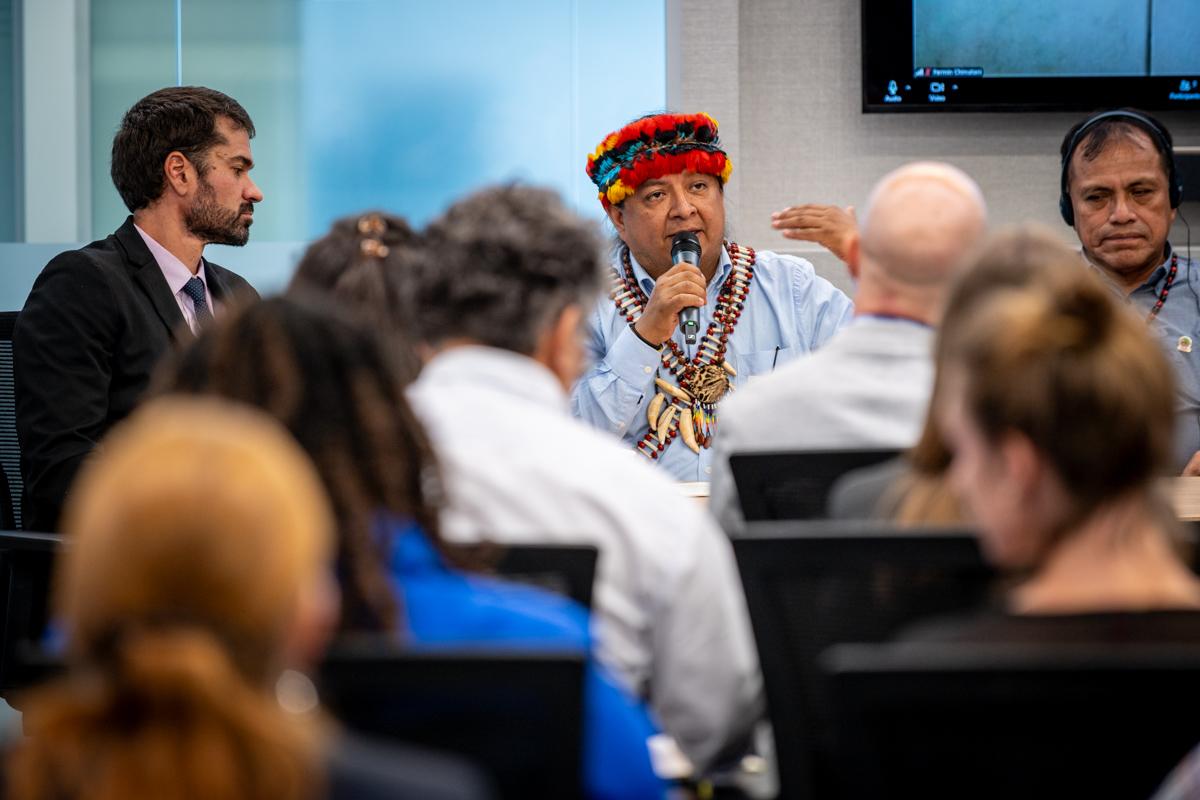
“We need white men on our side to save the Amazon from destruction,” Chief Metuktire told a group gathered at the New York Society for Ethical Culture.
Slowing deforestation and restoring damaged forests could deliver a quarter or more of the carbon reductions the world needs by 2030. But meeting that goal requires working with, and listening to, forest communities and Indigenous Peoples who manage more than 30% of the Amazon rainforest and typically practice sustainable forest management.
Oil and gas need to act, starting with slashing methane
Methane, the main component of natural gas, is responsible for a whopping one-third of the warming we’re already experiencing.
Reducing methane pollution from the oil and gas industry, which is responsible for roughly 25% of the world’s methane emissions, is relatively easy. But despite years of public pledges by oil and gas companies, pollution is still at near record levels. In a scathing speech, former U.S. Climate Envoy John Kerry criticized oil and gas companies for “just plowing ahead, like it’s business as usual.”
At Climate Week, the International Energy Agency, U.N. Environment Programme and EDF jointly announced a new way to move companies from pledges to real, measurable progress based on the targets in an industry program announced last year to slash climate pollution by 2030.
“No one can wait until 2030 and wave a magic wand,” said EDF President Fred Krupp. “We need to see progress.”
There was a strong sense of community
Amid the many important discussions at Climate Week, there were also opportunities for joy and connection.
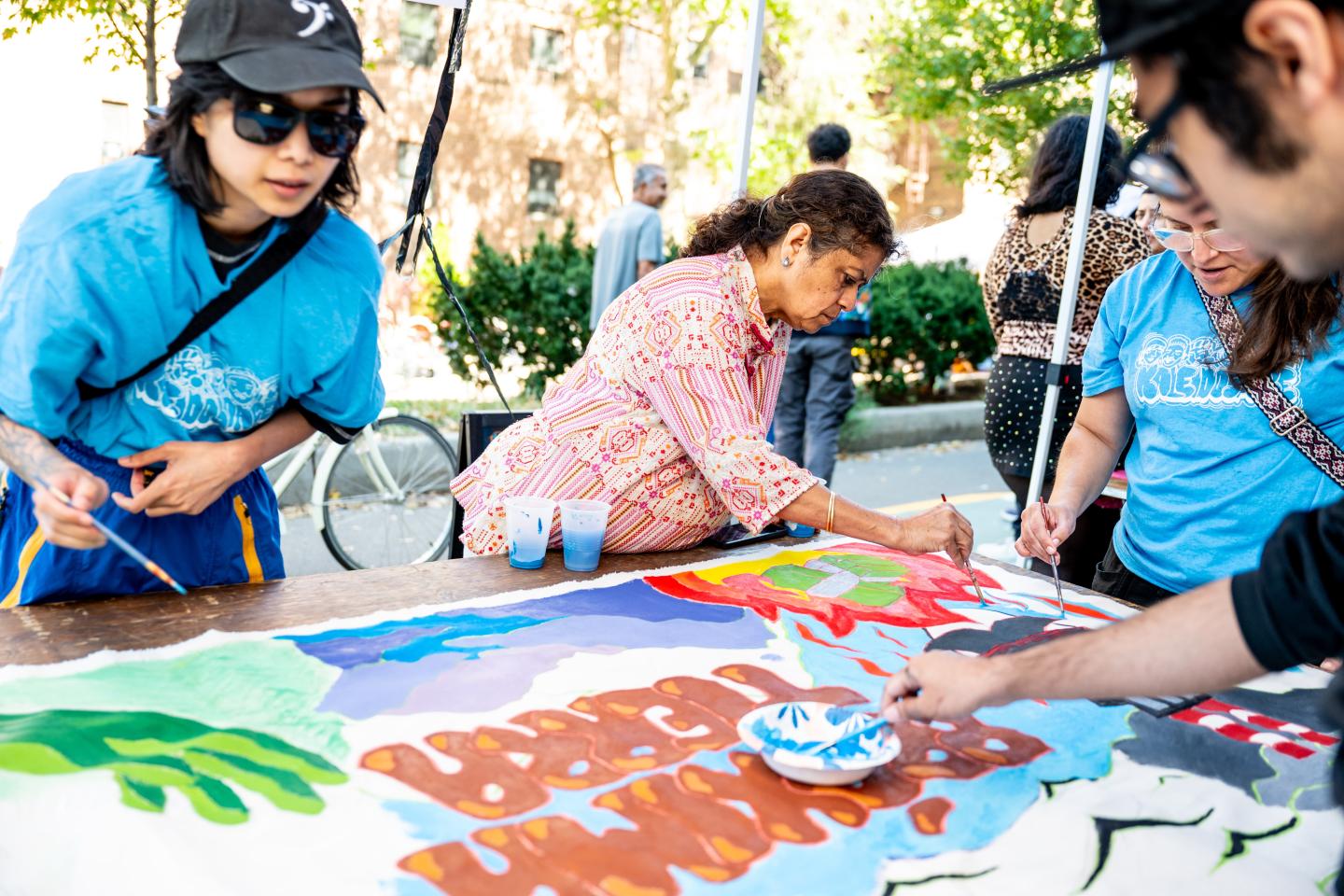

Kaleidospace hosted art workshops and dance performances at the Street Works Earth art festival in Queens, where choreographer Manuela Agudelo (in hat) showed off her recycled outfit. (gregkessler.com)
One example: the Street Works Earth festival in Queens where artists and locals co-created art focused on climate action.
EDF's Margot Brown praised the event for featuring “incredible artists from across New York City” who came together with the community to explore local environmental and climate justice issues through art.
